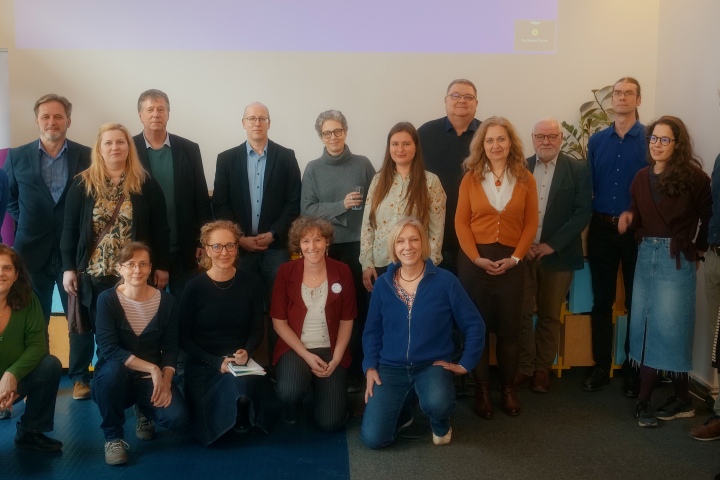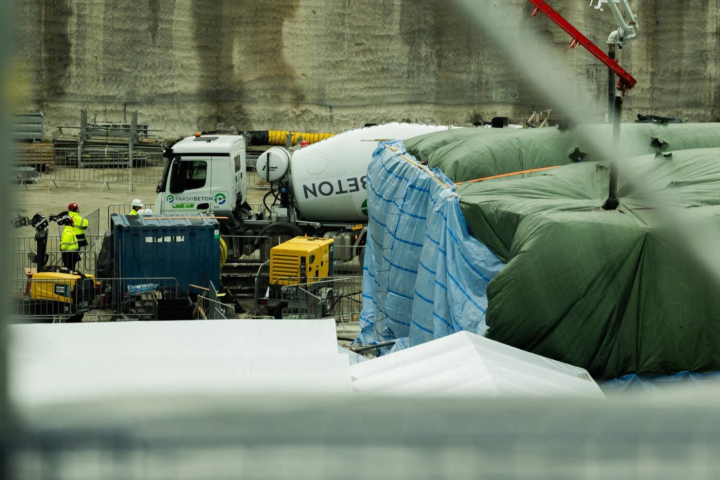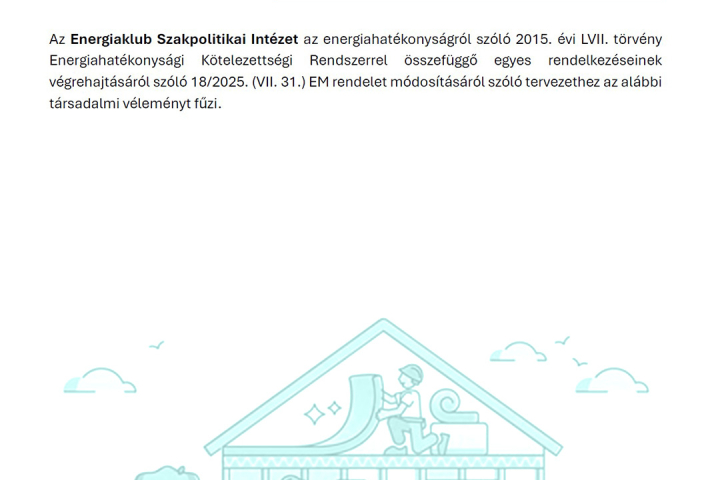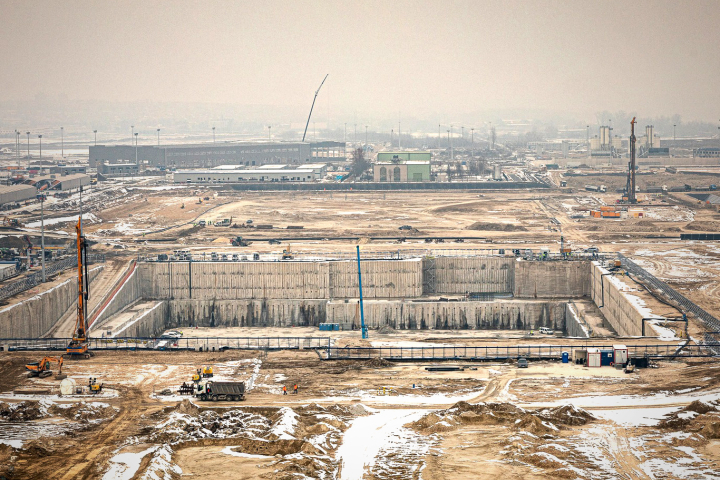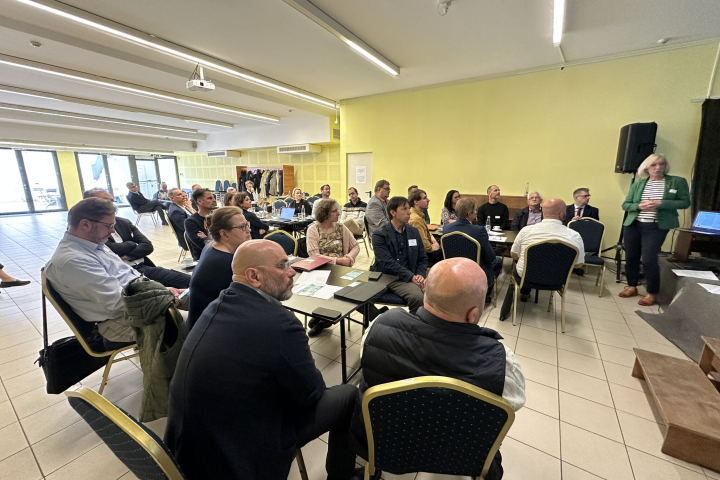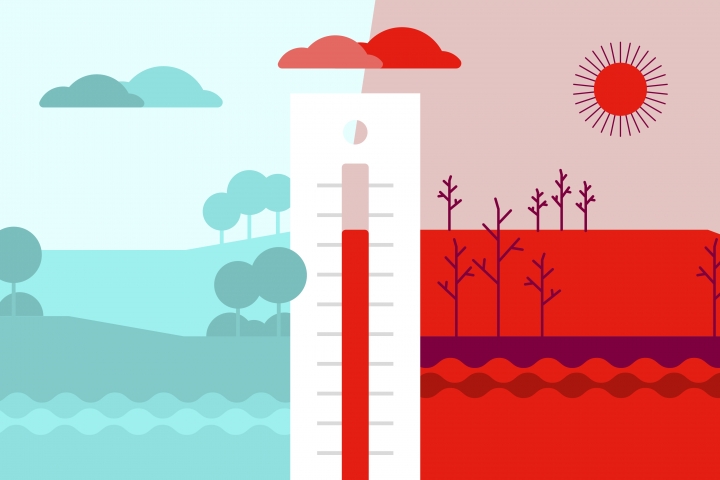Wind power is an essential part of modern energy systems – even in Hungary
The Energiaklub has carried out a comprehensive analysis of the potential of wind power in Hungary.
Wind power is capable of producing large quantities of electricity at the lowest environmental load of the technologies available today. The energy system we have developed over the last 100 years is unsustainable, and the multi-component crisis that threatens the very existence of mankind makes the radical transformation of this system urgent and inevitable. In addition to increasing efficiency and raising awareness, rational use of renewable energy sources can help to significantly reduce environmental and social damage.
The Energiaklub, therefore, carried out a comprehensive analysis and original research into the use of wind energy. The latest scientific results entitled “Wind Energy in the 21st century - and in Hungary”, sums up the most important findings in seven points.
- In Hungary, the installation of new wind turbines is made impossible not by natural laws or technological constraints, but by national legislation.
- In the case of wind power, too, the burden on the environment must be taken into account, but this can be lowered to an acceptable level by careful planning, as opposed to the damage of currently dominant technologies.
- Based on the experience of the operators, it can certainly be said that wind turbines can be operated economically in Hungary. The capacity factor determining this feature of their operation typically shows a similar or better value than the European or German average for the domestic wind farm stock, which has been in operation for 15 years.
- Support for renewable energy sources in the world is extremely high and the perception of wind power is particularly positive. Interestingly, people living near wind farms have a much higher than average acceptance of wind energy technology.
- The domestic growth of wind power would significantly reduce energy imports and vulnerability. This would also mean reduced financial burden for taxpayers in comparison to the expected final cost of HUF 10 000-20 000 billion of expanding the Paks nuclear power plant of. Achieving the climate goals undertaken by Hungary – and radically reducing the energy footprint in general – could be achieved significantly cheaper with the help of a sustainable energy system based on wind energy.
- Wind energy is also a major contributor to many other areas of life, such as job expansion in rural areas, the creation of local tax revenues and the radical reduction of environmental pressures around the world – these additional benefits contribute significantly to the global expansion of wind farms.
- Wind farms alone, but together with solar technology, are not the solution to the energy challenges of our time – we now have to think about the system of environmental management as a whole. The basic principles of a sustainable energy system cannot be correctly interpreted through the logic, technical and economic approaches of 20th-century energy management based on centralised instruments. In the 21st century, more sophisticated solutions are needed and are also available. It is not enough to consider only the quantities, as previously. A high level of efficiency and environmental awareness, as well as optimised use of locally available renewable energy sources, will result in significantly better environmental and social indicators, and these are the main features of a sustainable energy system.
"Our decision-makers must examine very carefully the fact that wind power is the number one area in terms of capacity expansion in the developed world, ahead of all other technologies", said Béla Munkácsy, the head of the research project.
The aim of the volume is, therefore, to draw a picture of technology as one of the main elements of the 21st-century energy system, in the light of the latest knowledge and trends, with scientific thoroughness. The book of studies is published by a team of 12 authors, including practical and theoretical experts, experienced researchers with international publications and young professional hopefuls.
The Energiaklub Climate Policy Institute and Applied Communications, an organisation that has been in place for almost 30 years, works to ensure safe and sustainable energy for all, in line with nature. It aims to create sustainable energy management, reduce energy consumption and make renewable energy sources dominant. It combats climate change and promotes adaptation to the harmful effects of climate change.

